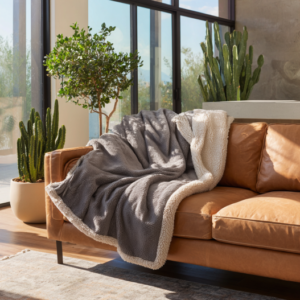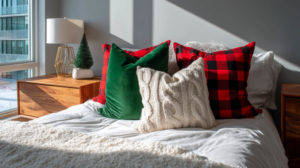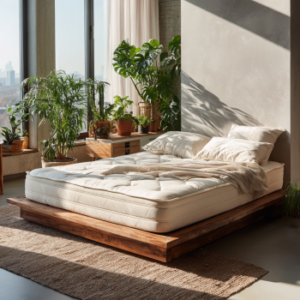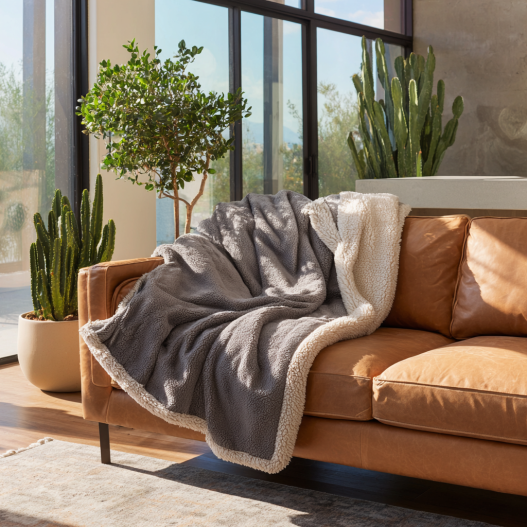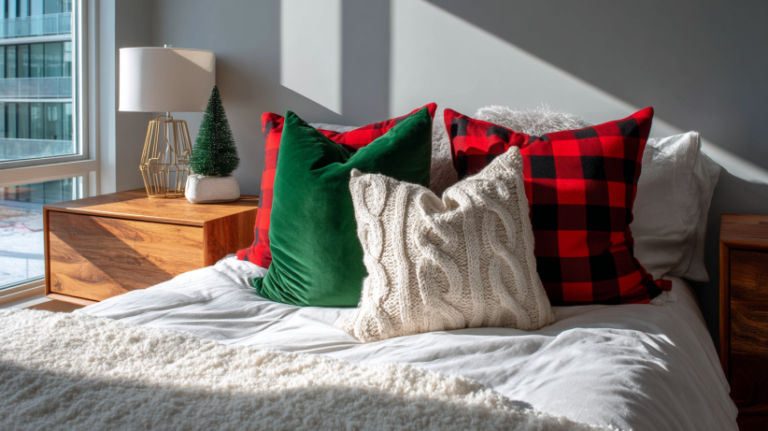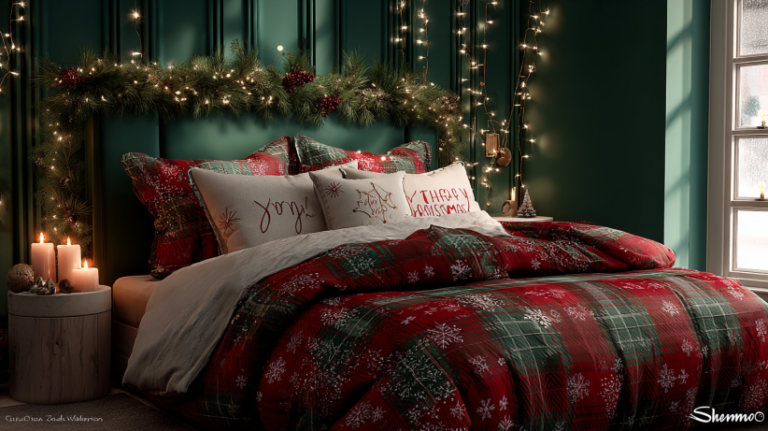Futons vs Daybeds: Smart 2026 Comparison for Small Spaces
Key Takeaways
- Futons are more versatile and budget-friendly, making them ideal for small spaces and flexible living.
- Daybeds offer a more bed-like comfort with options for trundles or storage, suitable for guest rooms.
- Futons like the Dante and Sebastian models provide multifunctionality and modern design.
- Choosing between futons and daybeds depends on your space needs and lifestyle preferences.
Futons vs daybeds is a classic debate for anyone looking to maximize both comfort and function in a small space. If you’re weighing the pros and cons for a studio, guest room, or apartment, this guide covers everything you need to know about choosing between these two stylish, multi-purpose sleepers. Check our best futons for small spaces guide for even more inspiration.
What Is a Futon? (Definition & Origin)
A futon is a traditional Japanese bedding system—typically a foldable mattress and duvet set laid out on a tatami mat. In modern Western homes, futons have evolved into sleek sofas that transform into beds, making them a staple for minimalist and space-conscious interiors. According to Wikipedia and our Japanese futon minimalist guide, today’s futons offer easy transitions between seating and sleeping, perfect for flexible living.
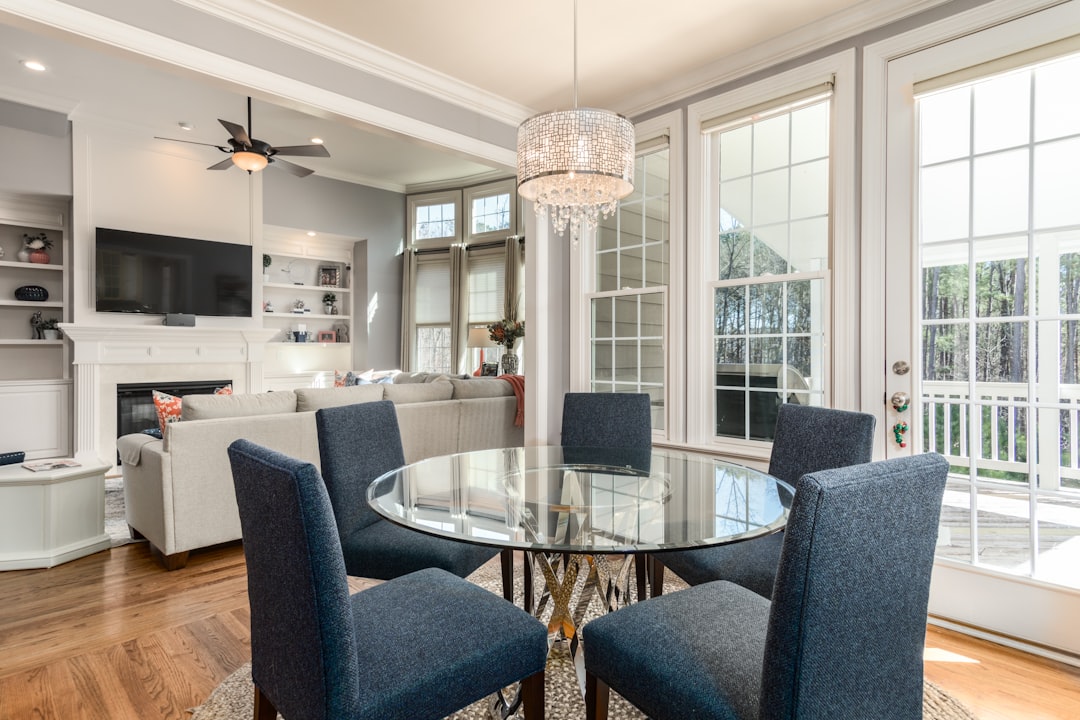
This adaptability makes futons a smart solution for apartments, dorms, or multipurpose rooms. Whether you’re relaxing, hosting, or in need of a quick sleep setup, a futon’s easy conversion supports daily life in compact homes.
Daybed vs Futon: What’s the Real Difference?
Understanding futons vs daybeds helps you choose the right fit for your needs. Both offer dual functionality, but their forms and uses differ:
| Feature | Futon | Daybed |
| Primary Use | Sitting + Sleeping | Lounging + Occasional Sleeping |
| Appearance | Looks like a sofa | Looks like a bed with side panels |
| Mattress Type | Foldable mattress (foam/latex) | Twin mattress with trundle option |
| Frame | Foldable metal/wood | Stationary metal/wood |
| Storage Options | Often includes compartments | Available with trundle or storage |
| Best For | Small apartments, guest rooms | Guest rooms, lounging areas |
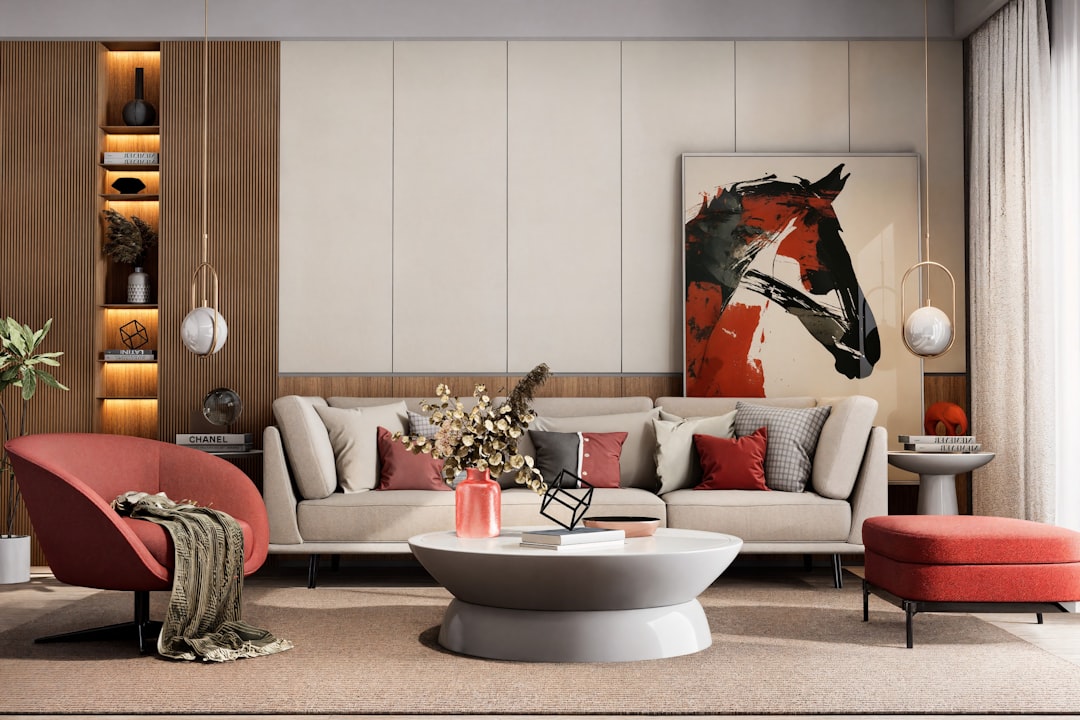
While both futons and daybeds can act as sleepers, futons lean more casual and flexible, making them ideal for adaptable setups. Daybeds, on the other hand, look and feel more like permanent beds and suit guest rooms or lounge spaces where sleeping is only occasional.
Pros and Cons of Futons in 2026
Pros:
- Space-saving and multi-functional—doubles as both sofa and bed
- Easy to move, fold, and store when not in use
- Available in modern designs and a variety of fabrics
- Affordable compared to traditional beds and sofa beds
- Perfect for minimalist or contemporary decor
- Great temporary solution for growing families or frequent movers
- Models like Dante and Sebastian offer additional features for small spaces
Cons:
- Not ideal for nightly, long-term sleep (unless high-quality mattress is chosen)
- Requires occasional mattress adjustment or fluffing
- Lower-cost models can lack comfort and support
- May wear out faster than a standard mattress
- Limited orthopedic support for those with back issues
According to the Sleep Foundation, futons are best for short-term or guest use unless you invest in a top-tier mattress for better long-term comfort.
Why It’s a Smart Choice for Small Spaces
For anyone living in a studio or compact apartment, futons vs daybeds often comes down to space optimization. Futons are designed for multi-functional living—modern models include slim profiles, hidden storage, and attractive finishes that help you make the most of every square foot.

A 2024 Apartment Therapy survey revealed that over 60% of urban renters prefer convertible seating options like futons or daybeds for flexible living. If you want one piece of furniture to do double duty, futons are hard to beat.
When to Choose a Futon Over a Daybed
Choose a futon if you:
- Live in a studio apartment, shared space, or compact home
- Need a guest bed that doubles as a daily-use sofa
- Want a budget-friendly, versatile piece that adapts to changing needs
- Love contemporary or minimalist design
- Need furniture that’s easy to move and rearrange
Daybeds are better for:
- Traditional bedroom settings or permanent guest rooms
- Those who prefer a consistent mattress feel and look
- Spaces where a true bed is needed more than a sofa
If flexibility, affordability, and style matter most, futons win the futons vs daybeds battle in most small-space scenarios.
How to Choose the Best Futon for Small Spaces
Mattress Type
- Memory Foam: Plush and great for occasional guests
- Innerspring: Feels more like a traditional mattress; ideal for extra support
- Hybrid: Combines support and cushioning for the best of both worlds
Frame Material
- Wooden Frames: Heavier, classic look, but less portable
- Metal Frames: Lightweight, easy to move, and perfect for modern interiors
- Combination: Blends durability with contemporary design
Extra Features
- Removable and washable covers for easy cleaning
- Built-in storage for linens or pillows—maximize your space
- Easy fold-and-lock mechanisms for quick transformations
- Adjustable reclining settings for lounging or napping
Read trusted reviews and try futons in-store when possible. Reputable sources like Architectural Digest can help you compare the best options for 2026.
Maintenance Tips for Futons
To keep your futon looking and feeling great:
- Rotate and flip the mattress regularly to avoid uneven wear
- Add a mattress topper for extra comfort and protection
- Vacuum and spot-clean covers to prevent dust and stains
- Avoid sitting in the same spot daily to maintain even support
Proper maintenance extends the lifespan of your futon, making it a solid investment for both short- and long-term use.
Final Thoughts: Is a Futon or Daybed Right for You?
When it comes to futons vs daybeds, the best choice depends on your lifestyle and space. If you want a compact, stylish sleeper that easily transitions from sofa to bed, futons are the clear winner. For those who need a more permanent sleeping arrangement with a classic look, daybeds may be ideal. Either way, investing in quality pays off—especially in a small home.
At Cozy Bed Quarters, we’re committed to helping you make smart, confident bedding choices. We don’t sell furniture—just honest reviews, guides, and the latest tips for modern living.
For more in-depth advice, see our guides to Japanese futon minimalist sleep, adjustable beds, and organic mattress reviews. Keep exploring to make every inch of your bedroom functional, stylish, and uniquely yours.
FAQ
- Are futons comfortable for everyday sleep?
- Futons can be comfortable for short-term or guest use, but for nightly sleep, choose a high-quality mattress and supportive frame. Cheaper models may lack support over time.
- Which is more space-efficient: futon or daybed?
- Futons are generally more space-efficient, especially models with storage or slim frames, making them perfect for small apartments or multipurpose rooms.
- Can you use standard sheets on a futon?
- Most futons use standard full or queen sheets, but always check mattress thickness for a proper fit. Some specialty futon mattresses may need fitted covers.
- What are some highly-rated futon brands?
- Brands like NoVo Gratz, DHP, and Nirvana Futons are frequently recommended in expert reviews. See our best futons for small spaces guide for up-to-date picks.
Learn more about optimizing small spaces in our best futons for small spaces article, dive into daybed vs sofa bed comparisons, or explore sustainable bedroom ideas for a greener home.
Related reading from Cozy Bed Quarters
Other reading we found popular
- Sleep Foundation: Sleep furniture insights
- EachNight: Bed and mattress comparisons
- Apartment Therapy: Small space design
- Architectural Digest: Furniture and style guides
About the Author
Joseph Rett is the founder of Cozy Bed Quarters, a Phoenix-based sleep and bedding resource. With years of experience researching sleep science and bedding products, Joseph helps people create comfortable, sustainable sleep spaces. Living in Arizona’s desert climate has given him unique insights into temperature-regulating bedding and cooling sleep solutions.


